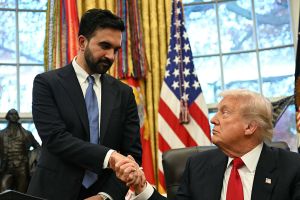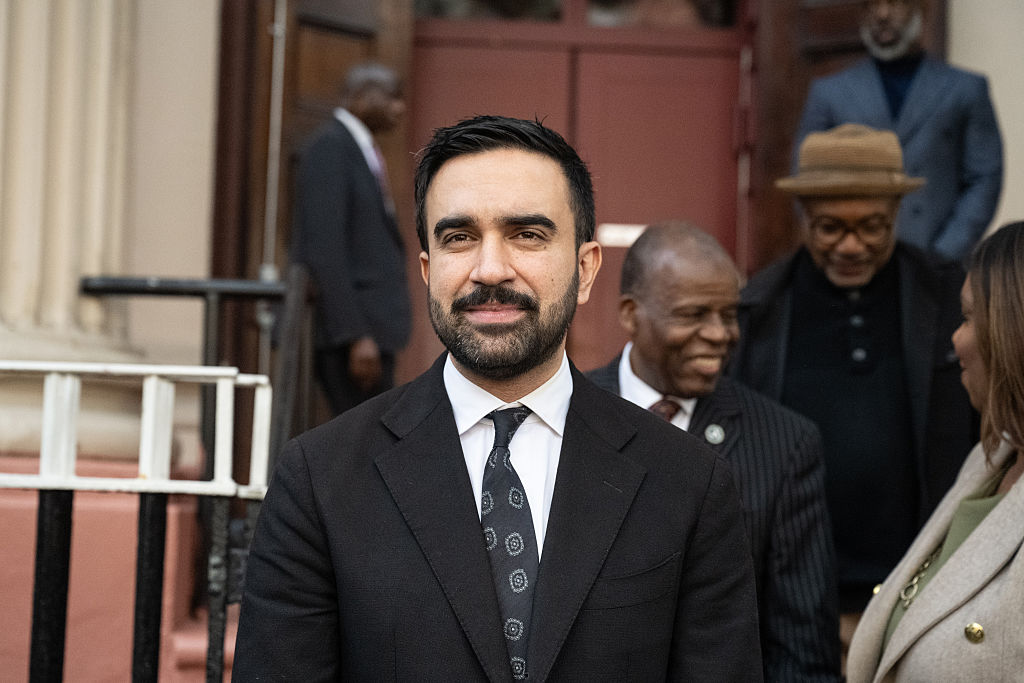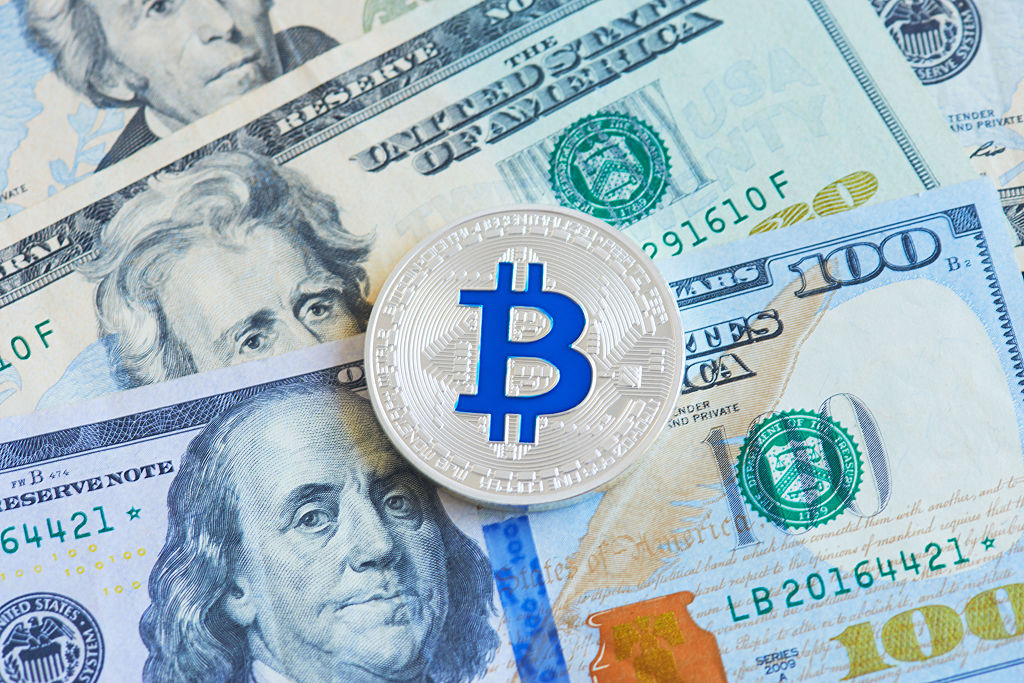Donald Trump says his tariffs are about liberation. But his aggressive turn toward protectionism may signal the start of a shift away from the foundations that have upheld American prosperity for decades.
The dollar’s status as the world’s reserve currency has long enabled the United States to consume far more than it produces, run massive deficits without consequence, and project unparalleled geopolitical power. Trump’s decision to impose tariffs of up to 25 percent on imports could put all that at risk.
When French President Valéry Giscard d’Estaing referred to the United States’s “exorbitant privilege,” he wasn’t talking about America’s central position in the post-WWII world order. He was referring to the substantial extra wealth the US enjoys thanks to the dollar’s central role in the world economy.
Most non-US financial institutions and even many private individuals keep a “rainy day” stock of dollars. As a result, Americans can enjoy, for example, $100 worth of goods or services provided by foreign residents in exchange for the tiny cost of printing another $100 bill – one the foreign resident has, until now, been happy to hold onto.
In contrast, Brazilians, South Africans, Swiss, and Swedes must actually produce goods and services to earn the money that pays for their imports.
Beyond simply running trade deficits and placing dollars into the hands of non-residents, US governments have gone even further by issuing debt securities (bonds). The US national debt currently stands at around $36 trillion, with about a quarter held by foreign financial institutions, including central banks. The largest holders are in China, Japan, and the UK. China is well aware of the power it holds as a major holder of US debt. China, Russia, and others also have ambitions to replace the dollar as the linchpin of global finance.
The massive issuance of American IOUs – bonds redeemable in dollars – began after the collapse of the Soviet Union in 1991, when the US became the world’s sole superpower and global enforcer of “fair play.” This role carries immense costs, which Trump has often referenced, but it also grants the immense privilege Giscard d’Estaing called “exorbitant.”
Trump’s decision to weaponize the banking system has damaged America’s reputation as a trusted superpower. Losing this trust could prove hugely costly.
Trump clearly understands what’s at stake. He has warned BRICS nations (originally Brazil, Russia, India, China, and South Africa, now expanded to 11 countries with seven more waiting to join) against replacing or even attempting to replace the dollar as the world’s reserve currency. He has stated that any country backing a new currency to challenge the dollar would face 100 percent tariffs.
The dominance of the dollar – and its artificially high value – is a “curse” from the perspective of manufacturing employment. However, it also helps finance the deficit by attracting foreign investors to US debt and equity markets. It’s also a natural result of America’s central role in the global economy.
If the dollar lost its reserve currency status and found a more natural (lower) exchange rate, the US would likely gain manufacturing jobs. However, if the dollar became “just another currency” – a shift more likely to happen for political rather than economic reasons – the US Treasury would struggle to finance the national debt.
Like many heavily indebted countries, the US has already lost its AAA credit rating, and it would deteriorate further if the dollar lost its unique status. Credit ratings don’t just reflect the amount of debt a country holds – they also indicate how likely it is to continue attracting lenders as it refinances that debt.
Trump’s threats of 100 percent tariffs against nations challenging the dollar’s dominance play well domestically, but they risk accelerating the very outcome he hopes to prevent. In trying to strong-arm the world into maintaining America’s privileged status, his administration may only hasten its unraveling.


























Leave a Reply